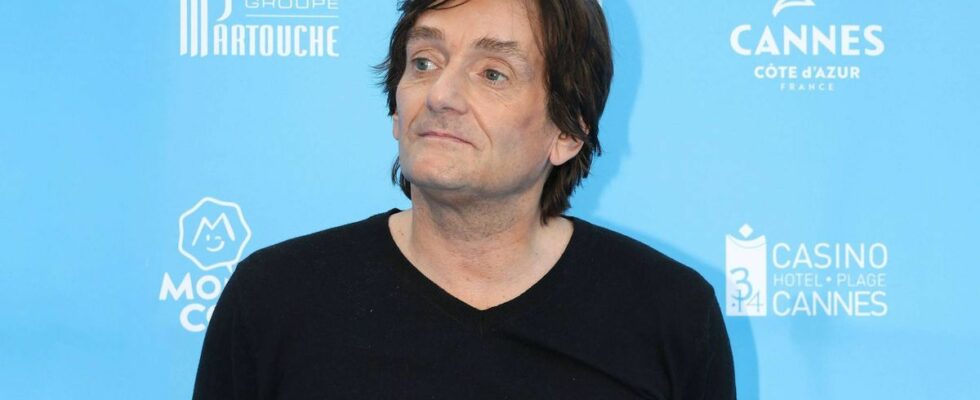Published on
updated on
Reading 3 min.
in collaboration with
Johanna Rozenblum (clinical psychologist)
This November 20 begins the trial of Pierre Palmade, tried for involuntary injuries after the serious road accident he caused in Seine-et-Marne under the influence of narcotics in February 2023. This step awaited by the victims can be help them overcome their trauma? Johanna Rozenblum, clinical psychologist, answers us.
Almost two years after the events, Pierre Palmade’s trial opens today at the Melun criminal court. The man is on trial for “unintentional injuries” to three members of the same family, after a serious road accident caused on February 10, 2023. He was then under the influence of narcotics and had not slept for 4 days . He faces 14 years in prison and a fine of 200,000 euros.
Victims who remain in shock today
In addition to the actor himself, the accident left three seriously injured: a 38-year-old man, his six-year-old son and his pregnant 27-year-old sister-in-law, who then lost the baby she was expecting. According to the media, all three remain traumatized by the events today:
The driver, Yuksel Yakut, operated on numerous times “stomach, shoulders, legs, feet”, is a broken man, both physically and psychologically. “I can no longer spend time with my children outside” he mentioned on TF1 on November 10.
Her 6 year old son is in the worst condition. “He doesn’t want to go outside anymore because of the scars on his head, he’s in constant pain.”
The young woman, six months pregnant at the time of the accident and who lost her child, remained in denial for a long time, that of the death of her baby. Today the mother of a two-month-old newborn, she explains: “I couldn’t bond with my child during pregnancy.” The young woman has also been witness to an unbearable debate for months: qualifying the facts as involuntary homicide, or involuntary injury depending on the viable or non-viable status of her lost child. Today it is the involuntary injury that has been retained.
“I only want one thing: for him to pay for what he did” sums up the conductor for the three of them in the last issue of Sept à Huit.
Judicial sanction, a step that makes sense for victims
But can justice, even strictly applied, ultimately appease the victims, and help them in their reconstruction, far from the media? For Johanna Rozenblum, clinical psychologist, the step of a sanction is difficult, even unbearable, but remains necessary.
“The victims of a trial hope above all that their suffering will be recognized and that justice will be done. This can result in the validation of the facts, a sanction against the author of the acts, or even material or symbolic reparation. But the reparation is obviously not limited to the financial aspect, it can and very often must also be moral, through public recognition of the injustice suffered or through apologies.
A trial can also provide victims with a space to express themselves, tell their stories and, sometimes, begin a process of resilience. “For some, it is also about helping to prevent other similar acts, by drawing attention to their own story.”
But a violent context that cannot resolve everything
However, the current trial will probably not be able to heal all the wounds. First of all because of the verdict, which is never certain.
“We must keep in mind that sometimes victims’ expectations are not fully met. A verdict deemed unjust, the slowness of procedures or the lack of effective reparation can cause great psychological suffering” reminds our psychologist.
The facts, presented in detail, are also often unbearable for the victims to hear. “The name of the offense is unbearable” underlines our expert. Finally, the fact that this tragedy was committed by a well-known person can add to the pain of the survivors.
“The fact that it is Pierre Palmade makes the trial public, it forces the victims to face the journalists, to hear their stories constantly mentioned in the press, their names. Or even give them the impression of having to speak for all other road victims.”
